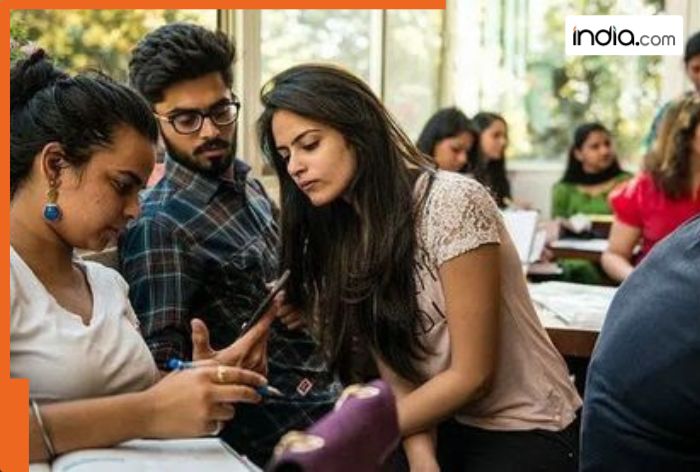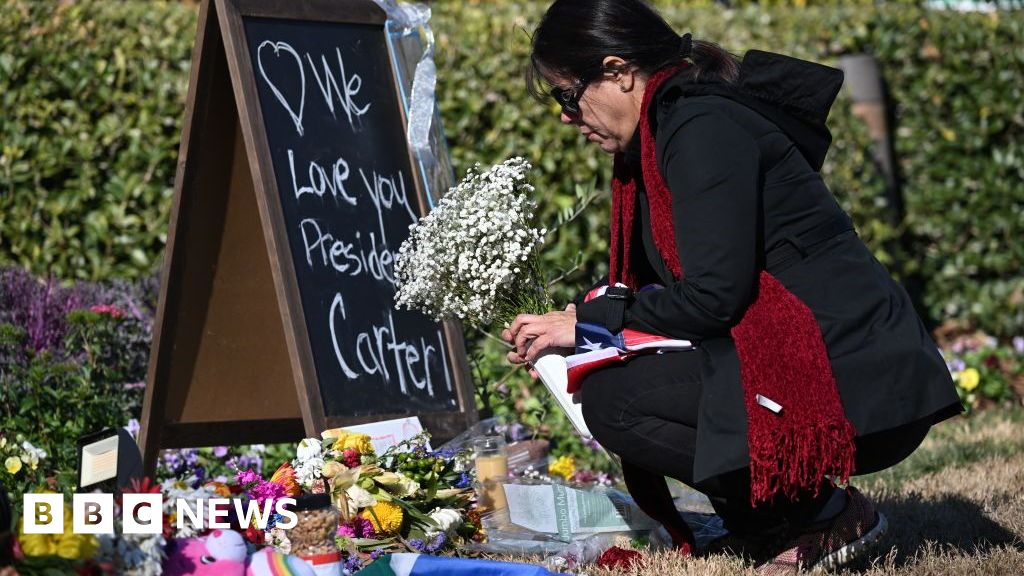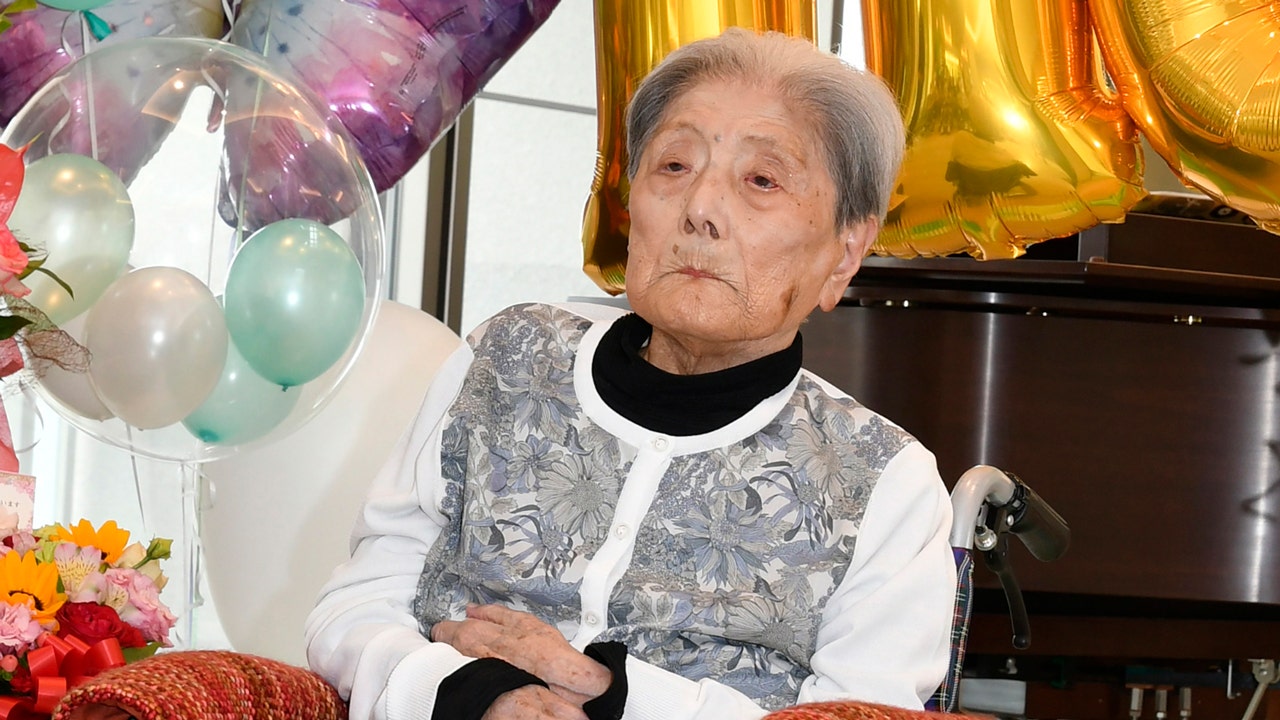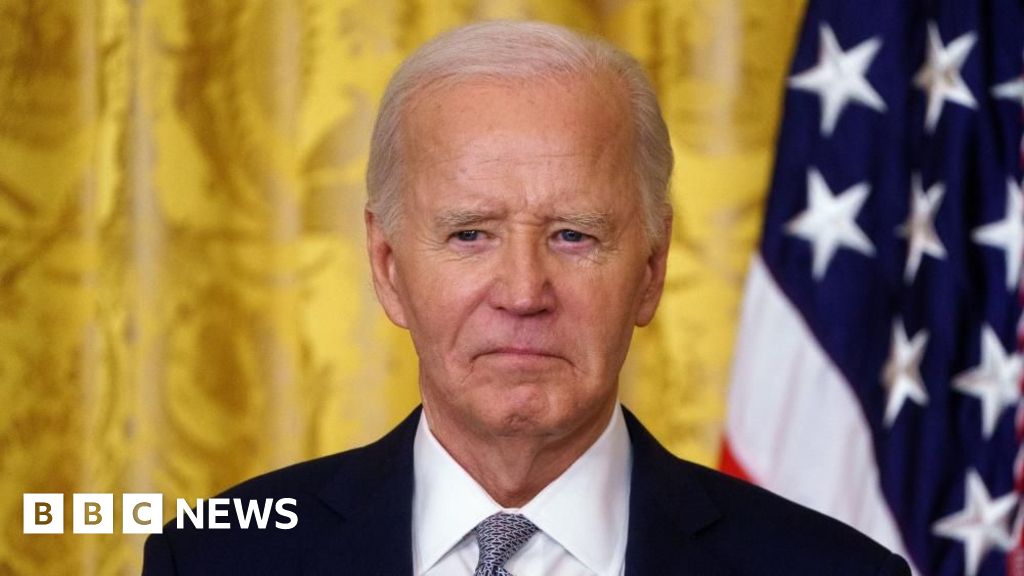Tech
Bad news for Indian students in US: Tech workers target OPT Program, seek end to foreign student work permits amid H-1B debate

The OPT program permits international students with F-1 visas to work in their field of study for up to 12 months after graduation. For students in Science, Technology, Engineering, or Mathematics (STEM) fields, the program offers a 24-month extension.
Supporters of US President-elect Donald Trump have raised concerns about the Optional Practical Training (OPT) program, a key opportunity for international students, especially Indians, to gain work experience in the US and transition to H-1B visas. They claim it harms job prospects for American graduates. The OPT program lets international students work temporarily after completing their studies and is often a stepping stone to H-1B work visas. However, groups like US Tech Workers strongly oppose it. They argue that the program acts as a “guest worker scheme” disguised as an internship, accusing universities of prioritizing profit by promoting it to international students, especially in STEM fields, to boost revenue.
Critics say that the OPT program was created unlawfully, comparing it to the Deferred Action for Childhood Arrivals (DACA) policy, and have called on Trump to end it to protect American workers from unfair competition. They argue that H-1B visa holders, primarily from India, replace American workers and pose a threat to Western civilisation.
“The OPT programme is a guest worker scheme disguised as an internship for foreign students. Universities are selling work permits instead of education. Created illegally like DACA (Deferred Action for Childhood Arrivals), Trump should end OPT to protect American college grads from unfair competition,” the US Tech Workers group wrote on X.
“After STEM-OPT was introduced, the number of international students, particularly from India and China, skyrocketed. Universities actively advertised STEM-OPT to attract these students, seeing them as a lucrative source of revenue,” the group added.
It said that the OPT programme is a “guest worker scheme disguised as an internship for foreign students”.
“Universities are selling work permits instead of education. Created illegally like DACA, Trump should end OPT to protect American college grads from unfair competition,” the post said.
The new OPT program, called STEM-OPT, allowed international students with STEM degrees to extend their OPT from 1 year to 29 months. This extension gave them more time to work in the U.S. and provided employers with a new pipeline for cheaper compliant labor.
— U.S. Tech Workers (@USTechWorkers) December 30, 2024
These debates have grown louder as Trump prepares to take office on January 20. Although his campaign primarily focused on reducing low-skilled and illegal immigration, some hardline supporters have also criticized H-1B visas, claiming they displace American workers and threaten cultural values.
However, Trump, along with figures like Elon Musk and Vivek Ramaswamy, has supported skilled worker programs, emphasizing the need for foreign talent to address the shortage of engineers in the US.
Impact On Indian Students
Indian students rely heavily on the Optional Practical Training (OPT) program for career advancement and as a pathway to securing H-1B work visas. In 2023, the Washington Alliance of Technology Workers (WashTech) legally challenged the program, claiming it disadvantages American workers. However, a lower court upheld the program’s legality.
The OPT program permits international students with F-1 visas to work in their field of study for up to 12 months after graduation. For students in Science, Technology, Engineering, or Mathematics (STEM) fields, the program offers a 24-month extension, allowing up to three years of work experience. The United States Citizenship and Immigration Services (USCIS) maintains a list of eligible STEM degrees for this extension.
In the 2023-24 academic year, about 97,556 Indian students participated in OPT, representing 29% of all Indian students in the US and a significant increase from 69,062 the previous year. Any changes to the OPT program could significantly impact Indian students aspiring to enter the US workforce through higher education.










